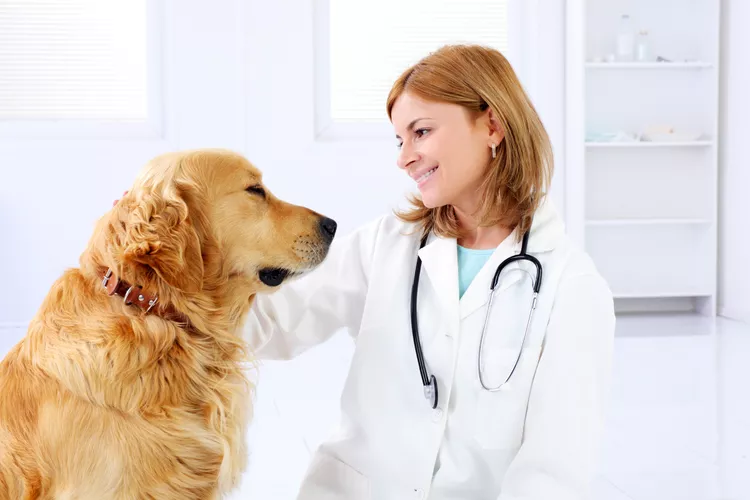
Lymph nodes are found in various places in the body. These small glands are not typically easy to find or feel unless they become enlarged. Swollen lymph nodes usually occur as a result of infection or disease, especially in the area of the swollen nodes.
Knowing the potential reasons for swollen lymph nodes and what to watch for can help you better monitor the health of your dog. While the lymph nodes themselves rarely require treatment, the underlying condition causing their swelling may be severe and should be evaluated by a veterinarian.
Lymph nodes are small glands in the lymphatic system that help regulate a dog's immune functions. These nodes help transport infection-fighting lymph fluid and white blood cells through the body via lymph vessels. When lymph fluid and white blood cells aggregate in lymph nodes to destroy toxins and infectious materials, this accumulation can cause swelling of the nodes.
Swollen lymph nodes are often an indicator of an infection or disease process occurring in a dog's body that may have its own unique signs and symptoms. The lymph nodes themselves become enlarged and firm in response to the underlying problem.
Lymph nodes can be felt in four areas of a dog's body where these glands become prominent when swollen:
Enlarged lymph nodes may be referred to as lymphadenopathy or lymphadenomegaly until the reason for the enlargement is determined. One or multiple lymph nodes can become swollen, and this typically occurs due to an underlying disease or infection. If you notice a lump where your dog's lymph nodes are, you should not wait to have it examined by a veterinarian.
Some of the common underlying causes of swollen lymph nodes include:
If your dog has enlarged lymph nodes, your vet will first perform a physical examination. This will help determine how many lymph nodes may be affected and the reason for the enlargement.
Blood tests to check organ function and white blood cell numbers are typically performed, but a fine needle aspirate (FNA) will also be recommended. This involves inserting a needle into the lymph node in order to collect cells that may indicate the reason for the enlargement. If the FNA is inconclusive, a lymph node biopsy may be performed under anesthesia. This will allow a better look at the lymph node tissue.
Further tests may be needed for various infections depending on what your veterinarian suspects based on symptoms and test results. These may include a urinalysis, fecal test, X-rays, and ultrasounds.
Various medications including steroids, anti-inflammatories, antibiotics, anti-parasitics, and even chemotherapy may be recommended depending on the reason for the lymph node enlargement. Surgery or radiation are other treatment possibilities, especially for low-grade, localized lymphomas.
The long-term prognosis for a dog with swollen lymph nodes can vary considerably depending on the cause and stage of the underlying condition. Prompt treatment can be very important for conditions that result in enlarged lymph nodes.
Some dog breeds appear to have a genetic predisposition for developing lymphoma, but no one knows for sure. These breeds include golden retrievers, boxers, bullmastiffs, basset hounds, Cocker spaniels, Irish wolfhounds, Saint Bernards, Scottish terriers, Airedale terriers, and bulldogs. If a dog has a history of lymphoma, it should not be bred to prevent the likelihood of this cancer in its offspring.
Other reasons for lymph node enlargement are difficult to prevent. Overall, just keeping your dog healthy through diet and exercise can help decrease the likelihood of illness and infections that may result in lymph node enlargement. Proper nutrition, regular veterinary attention, and practicing good hygiene are all things that may aid in your efforts.

Cute Pictures & Facts About Calico Cats & Kittens
Learn fascinating facts about calico cats, including photos, the genetics behind this color combination, and common folklore and traditions.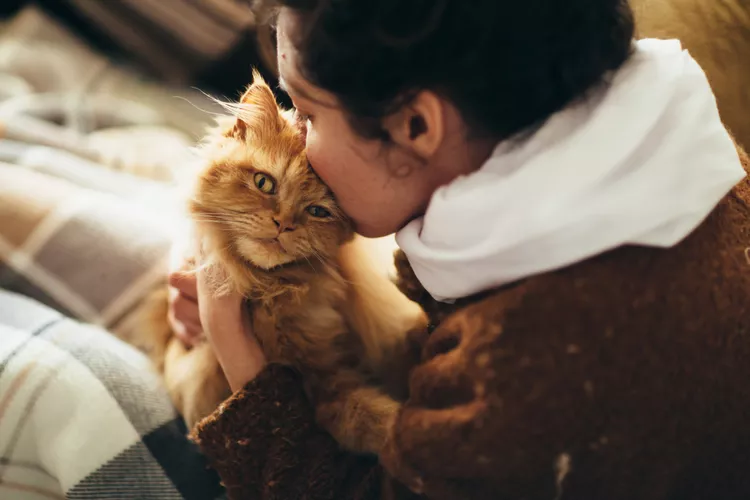
How to Prevent Cat Separation Anxiety During Vacations
Discover why cats develop litter box problems and cat behavior problems when you go on vacation and what you can do about it to help them.
Cat Behavior Changes That Might Mean Something's Wrong
Cats' behavioral changes may indicate problems—or they may mean nothing at all. Explore causes of odd behavior and what to do about them.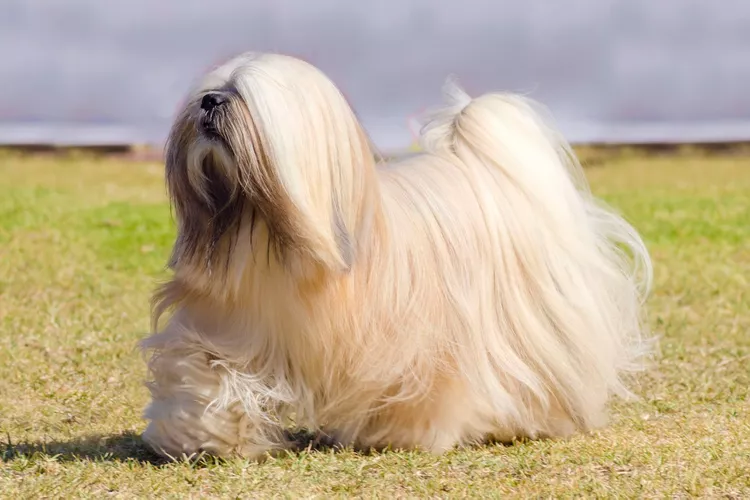
Lhasa Apso: Dog Breed Characteristics & Care
The Lhasa apso is an ancient breed from Tibet that was bred to be a watchdog. Learn about its history, health, exercise needs, and more.
Reasons Why Dogs Run Away and How to Stop It
Dogs can escape, especially if they’re bored and not properly contained. Here are some techniques for stopping your dog from running away.
Can Dogs Get Depression? How to Help Your Sad Dog
Can dogs get depression? Learn about the signs of depression in dogs and find out how to help your sad dog.
How to Stop Aggression in Dogs
Dog aggression can be a serious behavior issue for pet owners. Learn how to stop aggression in dogs before someone gets hurt.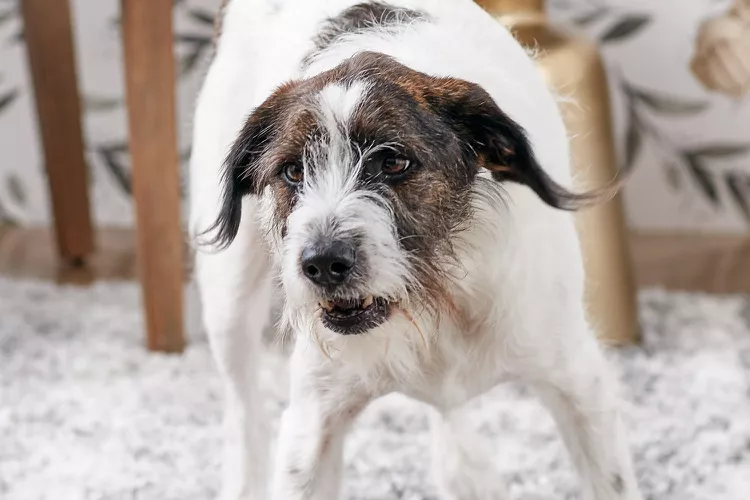
How to Stop Your Dog From Growling
A growling dog can soon become even more aggressive. Reduce the noise and potential for a dangerous situation with some of these techniques.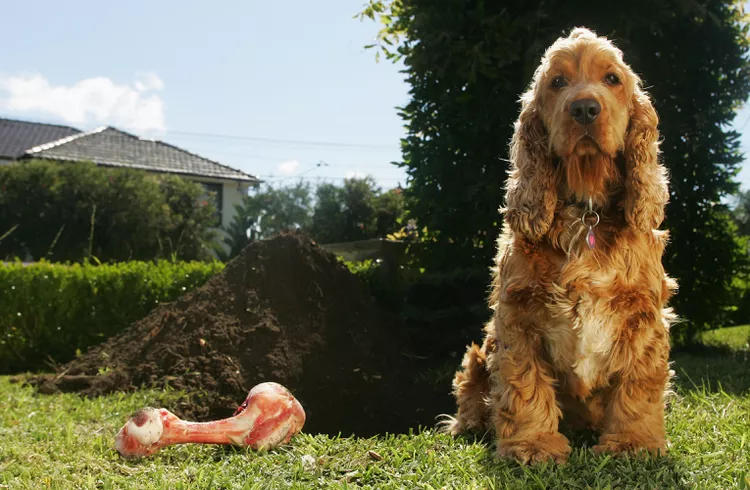
Why Do Dogs Dig Holes? How to Stop Your Dog from Relandscaping Your Yard
Dogs have been digging holes for centuries and for many reasons. Whether they’re bored or want to cool off in the dirt, here are the top reasons why dogs dig holes.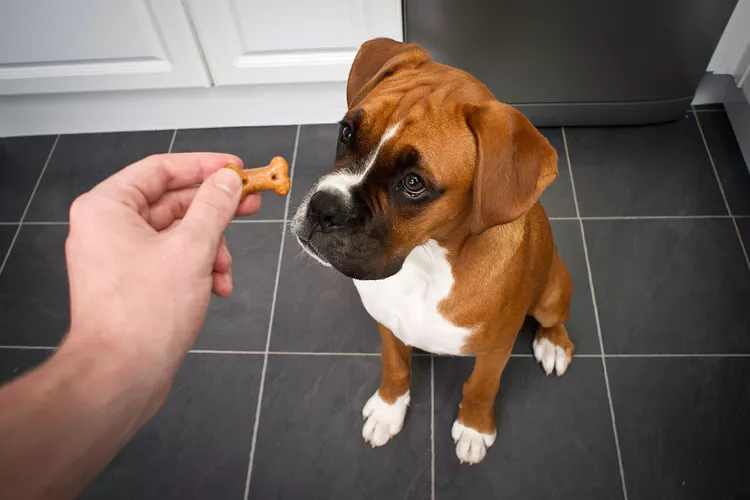
Dog Treat Varieties
Learn about the different types of dog treats on the market and decide which are best for your dog.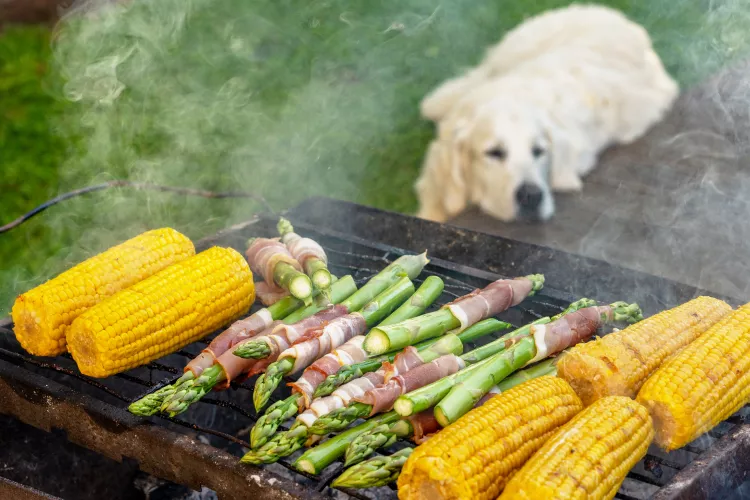
Can Dogs Eat Asparagus?
Dogs can eat asparagus, provided the vegetable is cooked plain and cut up for them. Seasonings, salt, and butter make it unhealthy for dogs.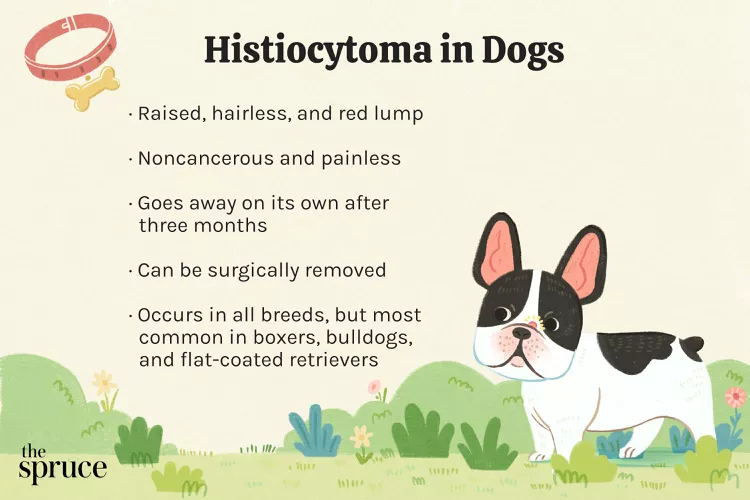
Histiocytomas in Dogs
A histiocytoma is a type of benign (non-cancerous) skin lump that usually affects young dogs. Learn the causes, treatment, and prevention.
Why Is My Dog’s Eye Swollen?
If your dog's eye is swollen, she may need veterinary attention. The inflammation could be caused by allergies, an injury, or even a tumor.
Common Bugs and Parasites Found on and Inside Dogs
Learn about common types of parasites in dogs. Find out how to treat and prevent parasites to keep your dog, your family, and yourself safe.
Exploring the Different Types of Pet-Friendly Beaches
Are you looking for pet-friendly beaches? Learn about the different types of pet-friendly beaches, their locations, and tips for visiting them with your pet.
10 Obscure, Little-known Canine Facts in Honor of National Dog Day
With National Dog Day upon us, it's time to celebrate everything about our favorite pets—even the weirder stuff. Here are 10 obscure facts about dogs you probably didn't know.
Kitten Development From 3 to 6 Months Old
Kittens grow and change a lot during their first year. Find out what happens between the ages of three months and six months old.
95 Siamese Cat Names
Our list of Siamese cat names has diverse and fun options to help you choose the ideal moniker for your elegant and lovable feline companion.
What to Buy for Your New Cat: A List of Essentials
Before you bring your new cat or kitten home, there are a number of things to collect or buy so your cat will feel welcomed like a family member.
The 6 Best Cat Nail Clippers of 2024 for a Safe Trim
Clipping your cat's nails can save your furniture and keep your kitty comfortable. We asked veterinarians for their cat nail clipper recommendations.